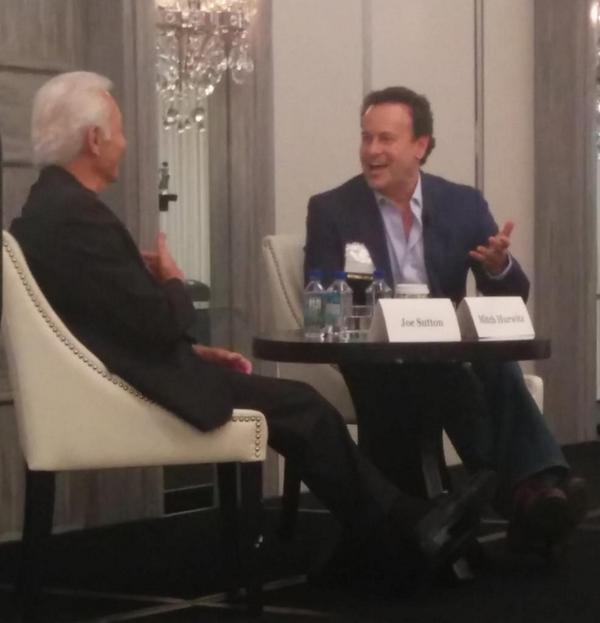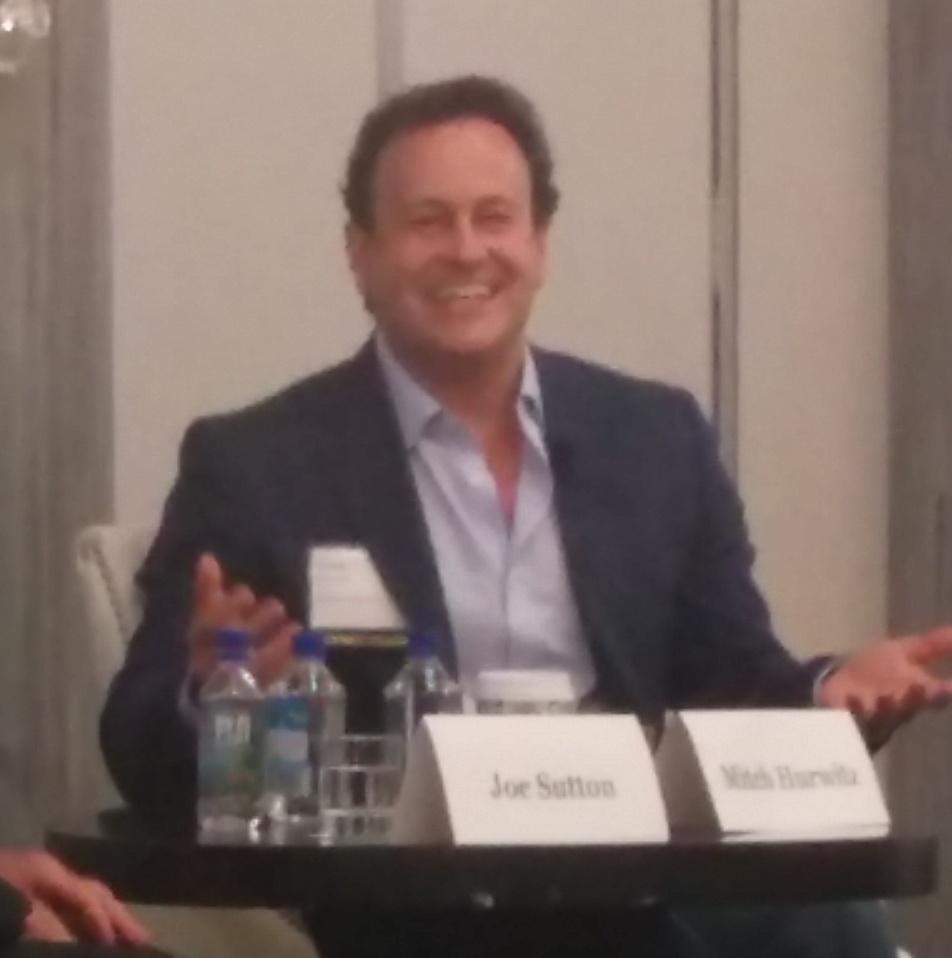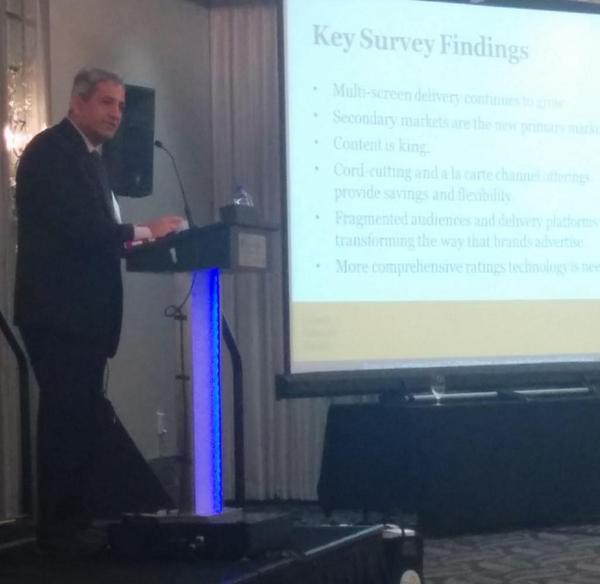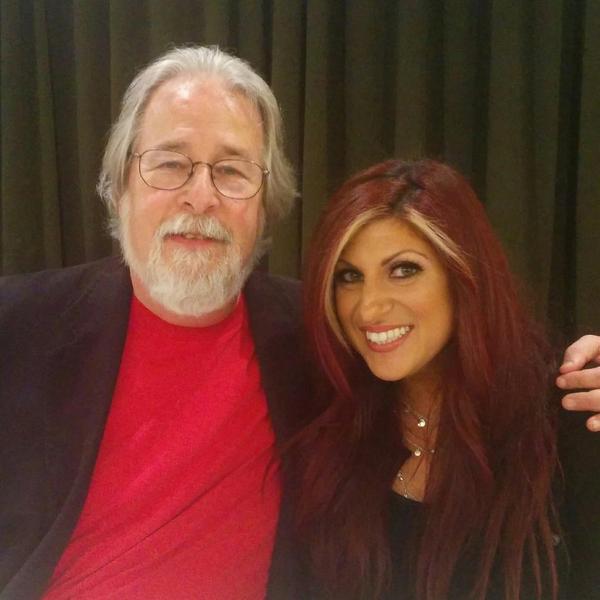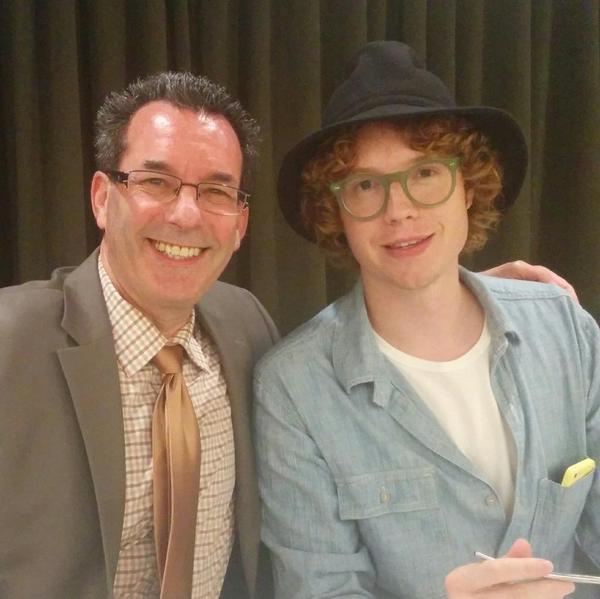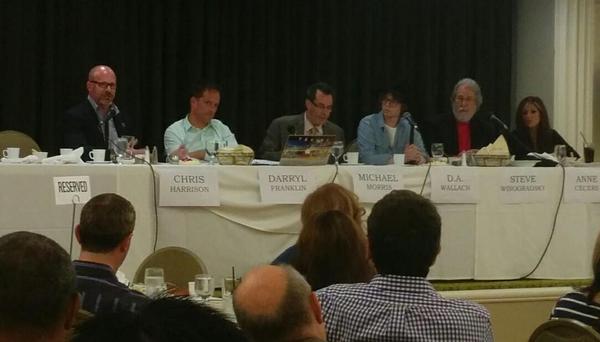Ed McPherson: The Talent Agencies Act is found in California Labor Code Section
1700 et seq. Essentially, the Act governs the licensing and
regulation of talent agents in the State of California. However, what the
Act also does is to preclude anyone who is not a licensed talent agent from
procuring employment for “artists” in the entertainment industry. The
concept of “procurement” has been expanded over time to include any negotiation
whatsoever, so that anyone who is not a licensed talent agent may not negotiate
any terms of an employment agreement for an artist unless that person does so
at the request of, and in conjunction with, a licensed talent agent.
Boschan: How does it impact recording artists and their
representatives?
McPherson: The Act was enacted to protect artists. Many questions have
been raised in the last several years (primarily by me) as to whether the Act
really does what it was designed to do, or whether it actually hurts the very
artists that it was designed to protect. Several years ago, professionals
in the music industry lobbied to amend the Act to exempt recording agreements from
the Acts proscriptions. That amendment went unchallenged for many years
until the California Labor Commissioner, in the Dwight Yoakam v. The
Fitzgerald Hartley Co., etc., et al., Case No. TAC 8774, determined that,
because modern recording agreements include elements such as music videos,
there are parts of a recording agreement that are subject to the Act and parts
that are exempted from the Act. Now that most, if not all, recording
agreements include many other “360” type elements, the so-called “recording
agreement exemption” is all but gone.
Unfortunately, there was never an exemption made for the negotiation
or procurement of publishing agreements, perhaps because nobody ever
contemplated that a publishing agreement could be the subject of the TAA.
However, not all publishing agreements are subject to the TAA. If the
agreement is a simple licensing agreement, licensing the use of one or more
compositions, the procurement of that agreement is not considered to be a TAA
violation; however, if the agreement purports to require the services of the
songwriter to write songs for a period of time, the procurement of that
agreement is typically going to be found to be a violation of the Act.
The unfortunate fact of life in the music industry is that agents in
the music industry do not typically negotiate recording agreements, publishing
agreements, producer agreements, or even mixing agreements – so the TAA
basically leaves a musical artist without anyone who is adept at negotiating
such deals, who is legally authorized to do so.
Boschan: What about music producers and mixers, and their
representatives?
McPherson: There is now an odd dichotomy between how producer agreements and
mixer agreements are construed in accordance with the TAA. There is a
case from a few years ago, entitled Lord Alge v. Moir Marie Entertainment,
Case No. TAC 45-05 (2008), in which the California Labor Commissioner ruled
that a management company that essentially did nothing for two mixer partners
but procure employment for them was not liable for violating the Act because a
mixing agreement is a recording agreement under the recording contract
exemption to the Act. Moir Marie actually found an expert witness who
testified as such – and I can tell you that there is probably nobody else in
the music industry that would say that a mixing contract is a recording
contract. In fact, most of the time, mixers do not record anything; they
only mix the tracks that have been recorded already. Even the Labor
Commissioner thought twice about her decision, and granted Lord Alge’s motion
for reconsideration. However, unfortunately, the case had already been de
novo’d to Superior Court, and jurisdiction therefore removed from the Labor
Commissioner. Although it is doubtful that a similar case will be decided
in the same way in the future, lawyers unfortunately are still allowed to cite
to the case for authority.
More recently, in fact on August 11, 2014, the Labor Commissioner
decided Lindsey v. Lisa Marie Entertainment, Case No. TAC 28811 (2014),
in which the successor of the same management company, doing exactly the same
kind of procurement for a producer client, was found to have violated the
Act. The Labor Commissioner determined that a producer deal is not a
recording agreement. This, of course, is the proper ruling.
However, the interesting thing is that one could argue that a producer
agreement is much more akin to a recording agreement than a mixing
agreement. The hearing officer in the Lindsey case treaded
carefully around the Lord Alge case, paying deference to the hearing
officer in that case, simply by saying that his decision was limited to the
(producer) agreement at hand.
Boschan: How do you help clients who are impacted by the Talent
Agencies Act?
McPherson: Although I have often criticized the Act, I have represented
countless artists against their former managers and others. Although I
question whether the Talent Agencies Act is good for the industry as a whole,
it would be malpractice for me not to use it to the advantage of talent that I
represent when their former representatives come after them for
commissions. Similarly, I have represented managers against talent when I
do not feel that they have violated the Act, or at least have not violated the
Act in a way that permeates the relationship, as defined in the Marathon v.
Blasi case.
Boschan: You are a Talent Agencies Act activist. What changes do
you think should be made to the act and why?
McPherson: I think that the entire Act should be looked at very closely in
light of the entertainment industry as it exists today – not when the law was
originally enacted. However, the first priority has to be the Solis v.
Blancarte case!
###
Ed McPherson has been practicing law for over 30 years. He is licensed to practice law in California, New York, Massachusetts, and Hawaii, and has litigated cases all over the country. He is a partner with the Los Angeles entertainment litigation firm McPherson Rane LLP, which specializes in the (talent side) representation of artists in the entertainment industry. A substantial portion of Mr. McPherson’s practice involves the Talent Agencies Act, about which he has written numerous articles, given many panels, and has testified as an expert witness.
